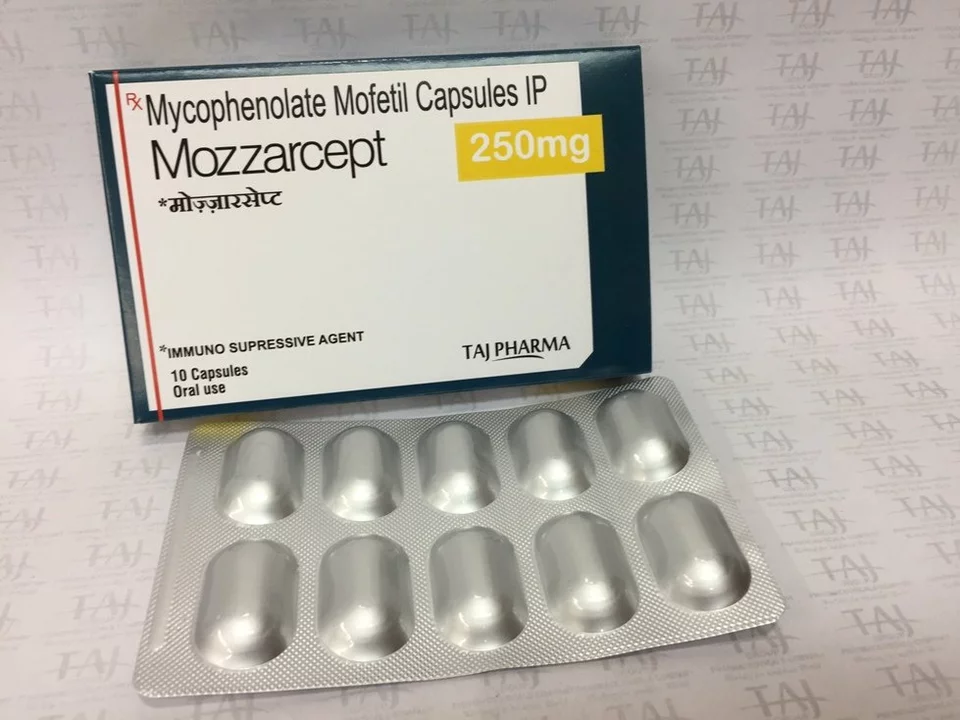Immunosuppressant: How They Work and How to Use Them Safely
Immunosuppressants are medicines that lower your immune system. Doctors use them for organ transplants and for autoimmune diseases like rheumatoid arthritis, lupus, and inflammatory bowel disease. They help stop the immune system from attacking the body or a new organ — but that power comes with trade-offs. You get protection from one problem and become more vulnerable to infections and other side effects.
How immunosuppressants work and common types
Different drugs target different parts of the immune response. Corticosteroids (prednisone) calm broad inflammation fast. Calcineurin inhibitors (tacrolimus, cyclosporine) block signals T cells need. Antimetabolites (azathioprine, mycophenolate) slow immune cell growth. mTOR inhibitors and biologics hit very specific immune pathways. Your doctor chooses a mix based on your condition and how strong suppression needs to be.
Some commonly used names you might see: prednisone, tacrolimus, cyclosporine, mycophenolate, azathioprine, methotrexate, and biologics like TNF inhibitors. Each has different side effects and monitoring needs.
Practical tips to stay safe while on immunosuppressants
Follow your clinic’s monitoring plan. Expect frequent blood tests at first — they check blood counts, liver and kidney function, and drug levels for medicines like tacrolimus. Don’t skip labs even when you feel fine; many issues show up in tests before symptoms.
Watch for infection signs: fever, cough, fatigue, sore throat, or new wounds that won’t heal. Call your doctor quickly — infections can become serious fast on these meds. Avoid live vaccines while heavily suppressed (ask your provider). Keep up with approved vaccines before starting treatment when possible.
Mind drug interactions. Many immunosuppressants use the same liver enzymes as other drugs and some foods. For example, grapefruit can affect tacrolimus and cyclosporine levels. Always check with your pharmacist before adding OTC meds, antibiotics, or herbal supplements.
Protect your skin and avoid unnecessary sun exposure. Some drugs raise skin cancer risk; use sunscreen and check your skin regularly. Also, practice good hygiene and avoid crowded places or people who are sick when your immune system is low.
Never stop or change doses on your own. Stopping suddenly can cause a flare of disease or rejection of a transplant. If you miss a dose, follow your prescriber’s plan or call their office for instructions.
Questions or need practical reading? Our site has useful posts on related topics like infection prevention, probiotics for gut health, and why regular checkups matter. If you have specific concerns about drug interactions, monitoring schedules, or side effects, talk to your doctor or pharmacist — they can tailor advice to your exact meds and health situation.

The Impact of Mycophenolate Mofetil on Fertility
As a blogger, I recently delved into the topic of Mycophenolate Mofetil and its impact on fertility. Mycophenolate Mofetil, commonly used as an immunosuppressant in organ transplant patients, has been linked to decreased fertility in both men and women. In men, it can lead to reduced sperm quality and count, while in women it may cause irregular menstrual cycles and increased risk of miscarriages. It is crucial for patients taking this medication to discuss its potential side effects with their healthcare providers, especially if they are considering starting a family. Ultimately, it's essential to weigh the benefits of this medication against the potential impact on one's fertility and make informed decisions accordingly.
